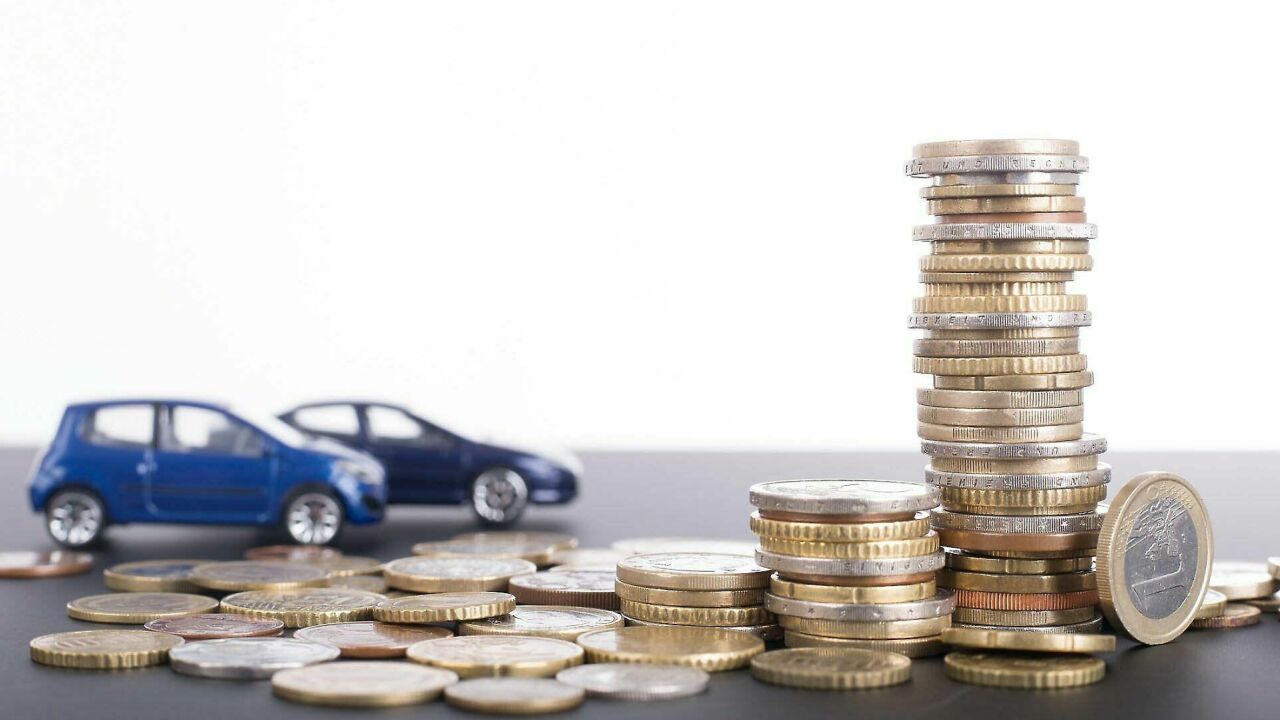Save on Fuel by Checking Your Car Before a Trip

Before hitting the road, checking your car can help ensure not only your safety but also long-term savings. Simple pre-trip car checks can help your vehicle run efficiently and avoid unexpected costs. In this blog, we’ll discuss the essential checks you should perform before every trip and how they can save you money.
1. Check Your Tires
Tires are the only part of your car that makes contact with the road, and tires with proper air pressure can significantly improve fuel efficiency. Under-inflated tires create more drag, which means the engine needs to use more energy, leading to higher fuel consumption.
- Tip: Check your tire pressure monthly and make sure it matches the manufacturer’s recommended level. Also, inspect your tire tread depth to ensure proper grip and safety.
2. Check Oil Level and Condition
Motor oil is essential for smooth engine operation. When the oil level is low, the engine has to work harder, reducing fuel efficiency. Additionally, dirty oil can negatively affect the engine’s performance.
- Tip: Regularly check your oil level and change it according to the manufacturer’s recommendation. Also, if the oil appears dark or cloudy, it may be time for an oil change.
3. Coolant System Check
Your car's engine can overheat on long trips if the coolant system is not functioning properly. Ensuring that the coolant and antifreeze levels are adequate can help avoid serious engine damage.
- Tip: Check the coolant levels and top up the antifreeze if necessary. Also, inspect hoses for leaks.
4. Check Brakes and Brake Pads
Brakes are essential for safety, and worn brake pads can reduce braking efficiency and cause the vehicle to stop less effectively, which can impact fuel economy.
- Tip: Check the brake pedal for firmness and inspect brake pads regularly. If they’re worn out, get them replaced.
5. Inspect the Battery
The car battery is a critical part of your car’s electrical system. A weak or old battery can cause starting issues, especially in cold weather, making it essential to inspect it before your trip.
- Tip: Clean the battery terminals and check the charge. Consider replacing an old or weak battery.
6. Check Lights and Signals
Working headlights, brake lights, and turn signals are not only important for your visibility and communication with other drivers, but faulty lights can also result in fines.
- Tip: Check that your headlights, rear lights, and indicators are all functioning properly. Replace any burnt-out bulbs.
7. Fluid Levels Check
Motor oil, brake fluid, power steering fluid, and other essential fluids need to be at the proper levels for optimal performance. Low fluid levels can lead to engine strain and increased fuel consumption.
- Tip: Follow the manufacturer’s instructions for fluid levels and top them up if necessary. Regular checks can prevent costly repairs down the road.










